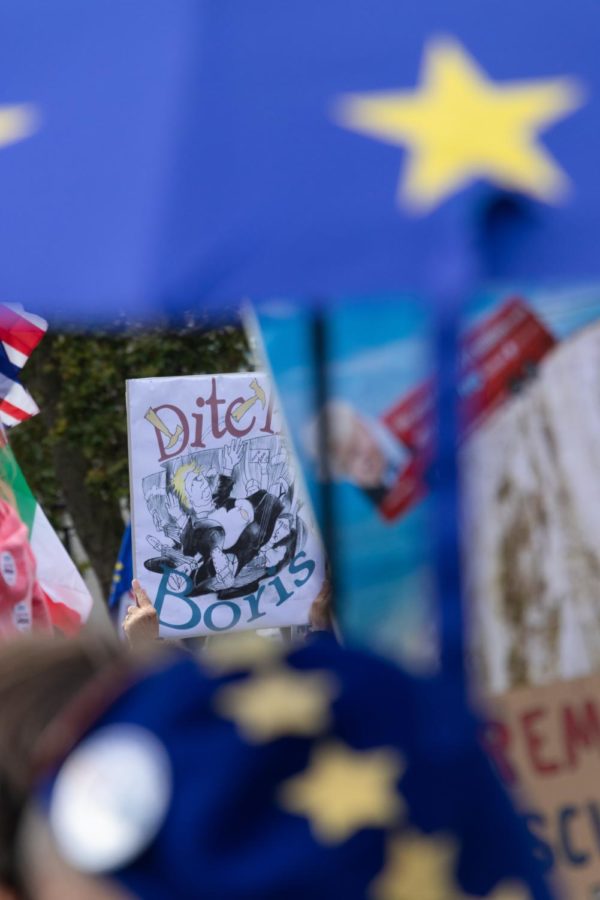Johnson Out, Truss In: The New Prime Minister of England Appointed Days Before the Queen’s Death
September 24, 2022
Boris Johnson, the 55th British Prime Minister, announced his resignation in July due to a recent ethics scandal, which caused about 50 senior lawmakers to quit Parliament. This set the stage for a new Prime Minister to be elected in a short amount of time.
With Johnson’s resignation, the Conservative members of Parliament were given the task of choosing his successor in a party leadership election, rather than a general election. As the election was in progress, Johnson remained Prime Minister until his successor formally took over.
Foreign Secretary Liz Truss and Former Chancellor Rishi Sunak–both Conservatives–debated on policies surrounding events and affairs in the UK in hopes of becoming the next Prime Minister. Ultimately, the final count had Truss winning at 57.4 percent of the vote. The next step for her was to be appointed by the monarch.
In usual circumstances, Johnson and Truss would make their way to Buckingham Palace for this ceremony. However, due to Queen Elizabeth II’s older age and limited mobility, she asked Johnson and Truss to travel to her summer holiday home, the Balmoral Castle, in Scotland.
After Johnson bowed to the Queen and officially resigned, it was Truss’s turn to curtsy and ask for the Queen’s permission to form a new government. Truss then officially became the Queen’s 15th prime minister.
Her Majesty the Queen passed away only days later.
Truss is the third female British prime minister, allowing Britain to claim membership among a cluster of countries that elected or appointed at least three female heads of government. She also made history, choosing three people of color to serve as state officers: James Cleverly, foreign secretary; Suella Braverman, home secretary; and Kwasi Kwarteng, chancellor of the exchequer or finance chief.
As Truss begins to settle into her new role in the British government, she faces many problems. She is primarily focused on addressing economic matters, such as high inflation, an emerging recession, labor unrest, soaring household energy bills, and possible fuel shortages. Her major plan is to cut taxes, which she believes will reinvigorate a stalled economy and help people with rising energy bills.
In her first speech as Britain’s new prime minister, Truss highlighted some causes for the predicaments that trouble the country, saying, “We now face severe global headwinds caused by Russia’s appalling war in Ukraine and the aftermath of Covid.” Then she asserted, “Now is the time to tackle the issues that are holding Britain back … I know we have what it takes.”
Amongst Britain’s economic crises came the Queen’s death on September 8, just two days after Truss was appointed. This became a temporary setback as the everyday politics in the UK were put on hold as the country sunk into ten days of emotional mourning.
Truss returned to her political duties this week, traveling to New York to address global leaders at the United Nations General Assembly on September 21st.



